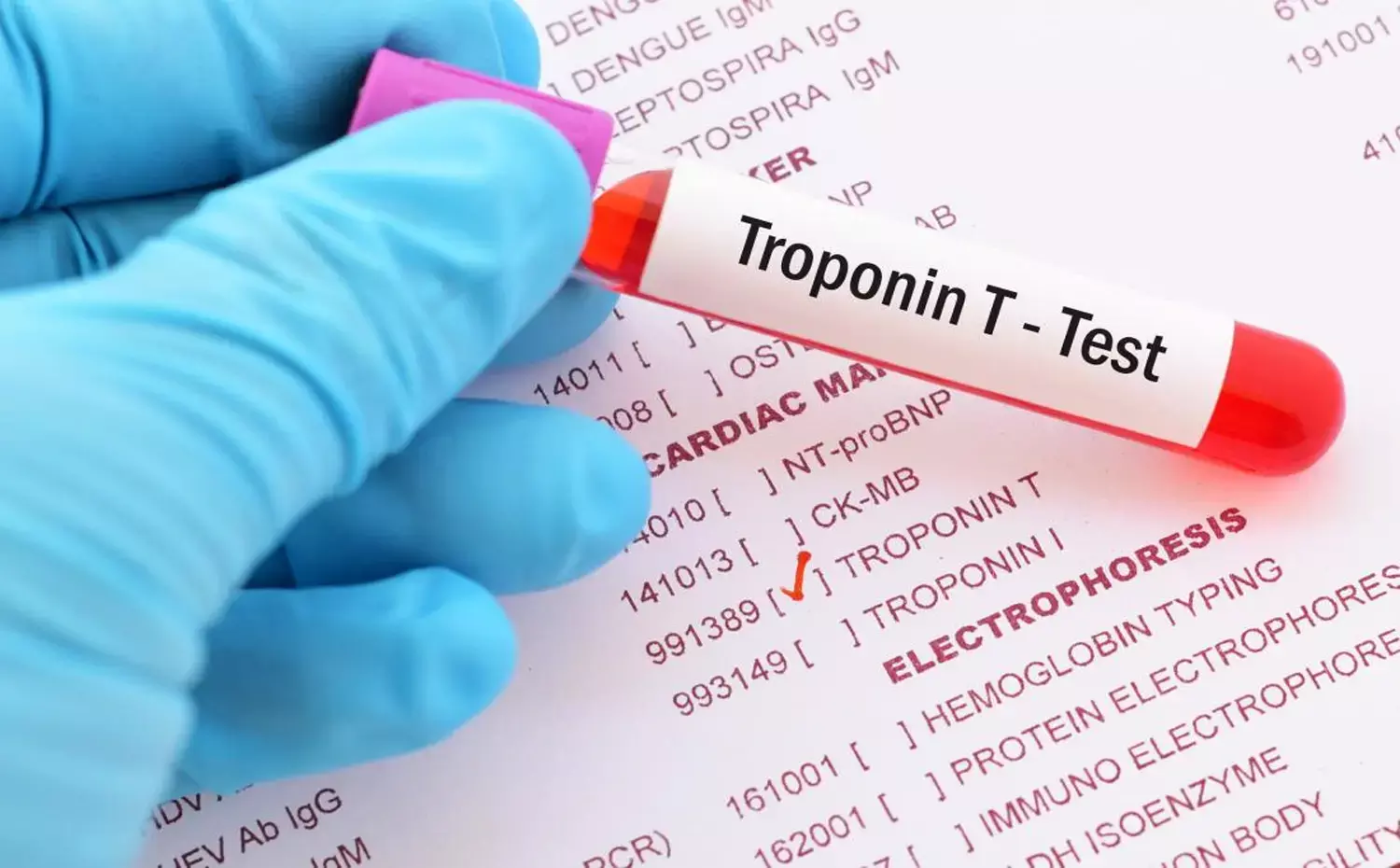- Home
- Medical news & Guidelines
- Anesthesiology
- Cardiology and CTVS
- Critical Care
- Dentistry
- Dermatology
- Diabetes and Endocrinology
- ENT
- Gastroenterology
- Medicine
- Nephrology
- Neurology
- Obstretics-Gynaecology
- Oncology
- Ophthalmology
- Orthopaedics
- Pediatrics-Neonatology
- Psychiatry
- Pulmonology
- Radiology
- Surgery
- Urology
- Laboratory Medicine
- Diet
- Nursing
- Paramedical
- Physiotherapy
- Health news
- Fact Check
- Bone Health Fact Check
- Brain Health Fact Check
- Cancer Related Fact Check
- Child Care Fact Check
- Dental and oral health fact check
- Diabetes and metabolic health fact check
- Diet and Nutrition Fact Check
- Eye and ENT Care Fact Check
- Fitness fact check
- Gut health fact check
- Heart health fact check
- Kidney health fact check
- Medical education fact check
- Men's health fact check
- Respiratory fact check
- Skin and hair care fact check
- Vaccine and Immunization fact check
- Women's health fact check
- AYUSH
- State News
- Andaman and Nicobar Islands
- Andhra Pradesh
- Arunachal Pradesh
- Assam
- Bihar
- Chandigarh
- Chattisgarh
- Dadra and Nagar Haveli
- Daman and Diu
- Delhi
- Goa
- Gujarat
- Haryana
- Himachal Pradesh
- Jammu & Kashmir
- Jharkhand
- Karnataka
- Kerala
- Ladakh
- Lakshadweep
- Madhya Pradesh
- Maharashtra
- Manipur
- Meghalaya
- Mizoram
- Nagaland
- Odisha
- Puducherry
- Punjab
- Rajasthan
- Sikkim
- Tamil Nadu
- Telangana
- Tripura
- Uttar Pradesh
- Uttrakhand
- West Bengal
- Medical Education
- Industry
Smoking affects cardiac troponin complex even after cessation: AHA

Norway: In a new study, it was shown that current and past cigarette smoking is related to reduced high-sensitivity assays (hs‐cTnI) concentrations in the general population. Time since smoking cessation was related to rising hs-cTnI concentrations, showing a hs-cTnI continuum from current smokers to never-smokers. This study was conducted by Julia Brox Skranes and team, the results of which were published in the Journal of American Heart Association.
Cardiac troponins are a sensitive indicator of subclinical myocardial damage and have been linked to an elevated risk of cardiovascular events in the general population. Despite both cardiac troponins and cigarette smoking having positive links with cardiovascular risk, hs-cTnI show that concentrations of cardiac troponin I are lower in current smokers than in never smokers. The effect of smoking intensity and duration since quitting on hscTnI is unclear.
For this study, hs-cTnI concentrations were assessed in 32028 healthy participants included in the prospective, population-based HUNT (Trndelag Health Study). Tobacco use was self-reported, and participants were categorized as never (n=14 559), past (n=14 248), or current (n=3221) smokers.
The key findings of this study were as follow:
1. Current smokers had considerably lower hs-cTnI concentrations than never-smokers.
2. Both present and past smoking were associated with considerably decreased hs-cTnI concentrations in adjusted models.
3. Higher smoking load (>10 packyears) was related to reduced hscTnI concentrations in ex-smokers.
4. Time since smoking cessation was linked with increased hscTnI concentrations in a dose-dependent way, and participants who quit smoking >30 years ago had hscTnI concentrations equivalent to never smokers.
In conclusion, from the findings of this study it is very evident that even when people stop smoking, the consequences of the habit continue to have an impact on the cardiac troponin complex. Hence people should be warned and educated up to this level that they may be able to restrain themselves thereby sparing the non-smokers as well.
Reference:
Skranes JB, Lyngbakken MN, Hveem K, Røsjø H, Omland T. Tobacco Consumption and High-Sensitivity Cardiac Troponin I in the General Population: The HUNT Study. J Am Heart Assoc. 2022 Jan 18;11(2):e021776. doi:10.1161/JAHA.121.021776.
Medical Dialogues consists of a team of passionate medical/scientific writers, led by doctors and healthcare researchers. Our team efforts to bring you updated and timely news about the important happenings of the medical and healthcare sector. Our editorial team can be reached at editorial@medicaldialogues.in.
Dr Kamal Kant Kohli-MBBS, DTCD- a chest specialist with more than 30 years of practice and a flair for writing clinical articles, Dr Kamal Kant Kohli joined Medical Dialogues as a Chief Editor of Medical News. Besides writing articles, as an editor, he proofreads and verifies all the medical content published on Medical Dialogues including those coming from journals, studies,medical conferences,guidelines etc. Email: drkohli@medicaldialogues.in. Contact no. 011-43720751


